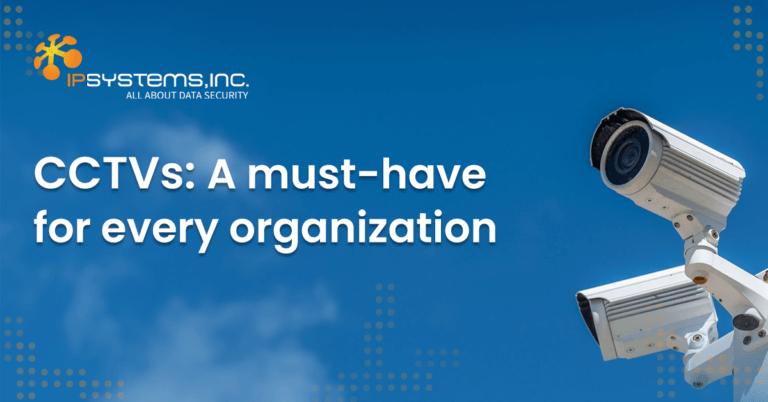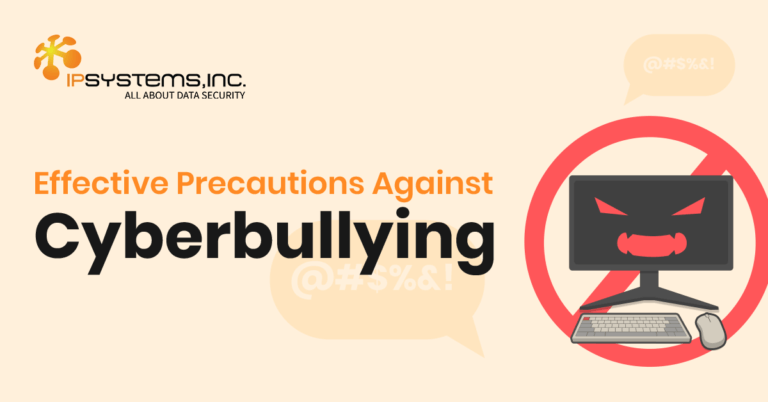
Innovating your Business with Green Data Centers
Blog: Innovating your Business with Green Data Centers Data centers are centralized facilities equipped with essential hardware like servers, storage devices, and networking equipment.

Small businesses may be limited in market cap, but they have a significant impact on the economy. These companies are often willing to adopt modern technology to improve operational efficiency and cut costs. In the face of potential attacks, firms need cybersecurity tips to survive the modern threat landscape.
Communication between businesses now mainly depends on technology. Customers find it convenient to interact with product or service vendors using intuitive digital tools such as mobile and websites applications. In the process, they provide their data to the merchant in the complete trust that it will remain safe and secure. However, this is sometimes not the case, and cyber attackers may have a field day.
While every company, large and small, would rather not be the victim of a cyberattack, the reality is that they are all viable targets for criminals. The stakes only become higher depending on the goal(s) of the attacker.
It’s advisable that small businesses be more careful since they clearly won’t have the security investment or infrastructure of more prominent players.
The coronavirus has redefined the entire business landscape, and cybersecurity architecture needs a complete overhaul. The rising incidence of cyberattacks targeting small enterprises is not a fact to ignore. Instead, small definite steps can help to protect your company from breaches, ransomware, and phishing scams that currently plague businesses.
Security experts agree that a small business can improve data security if they designed a comprehensive system involving some or all of the following:
If you do not maintain backups of confidential data, there’s every chance that you’ll lose all access to it in the event of an attack. Such a situation can grind your operations to a halt and cause your business to lose crucial revenue.
Ensure there are multiple secure copies of critical data. These days, hackers are happy to exploit company systems using malware that lock access until they receive a ransom payment. Backups are not optional for the modern enterprise, even if you’re small.
Your company is small, you have a small team, you don't collect much data, and your revenues could be better. That should keep you safe, right? Wrong! The attacker's psychology is different.
They know you've de-emphasized their interest in your business and your guard is down, making your company the ideal target.
Many small companies never bother to invest in comprehensive security tools. Yet, the hacker is constantly enhancing their capabilities with sophistication. Hackers even steal company identities to penetrate other businesses. It's important to be aware that cyber risk is real for all businesses.
Cybersecurity is inevitably about investing in new tools. Have you heard of a vulnerability scanner? If you want software that improves IT infrastructure security by scanning applications, networks, and servers, a vulnerability scanner is the tool of choice.
What does a vulnerability scanner do? It exposes the level of your weakness (therefore, penetrability) by revealing security holes in your network. In other words, you see your business through the eyes of a potential attacker.
A small business should learn the strengths (and weaknesses) of its cybersecurity. It's better to spot the holes than for an attacker to do so. Simulating attacks helps to prepare your teams to know what to do in an actual attack.
Simulated attacks also reveal how prepared your people are and the chain of command. You might find, for instance, that several people do not change their passwords often per company policy. You might also discover that phishing scams can fool more of your staff than you think.
The weaknesses exposed by simulated attacks are a huge opportunity to fix things quickly.
Many companies are reluctant to spend on cybersecurity because of lean budgets. But, perspective matters. The implications of stolen data far outweigh whatever you spend to prevent it. The public relations impact is almost irredeemable.
Small businesses are likely the hardest hit by government lockdown policy during the pandemic. Deloitte's Deborah Greene highlights the economic and security impact of businesses adjusting to employees working remotely. Even supply chain partners are a potential risk.
Since small businesses are lean on adequate security resources, it’s a bigger challenge to deal with the multiple possible scenarios. What can they do to improve remote access and monitoring security in abnormal times?
As the pandemic rages on, small businesses must be alert for phishing emails, ensuring that employees only click verifiable email links. Typos and generic salutations are hallmarks of phishing scams.
Employees should also be wary of common file formats. They are excellent baits to launch attacks.
Remote work broadens the attack surface for cybercriminals. The employee’s home Wi-Fi is an important component of small business security, so such measures are not negotiable.
Where possible, workers should also avoid public Wi-Fi. They should also use passphrases instead of regular passwords. These are harder to crack.
Virtual Private Networks are necessary for secure encrypted channels between a user and a remote server.
There’s no telling how many potential attacks you can stop by encouraging workers to use MFA.
Updates and patches are necessary, considering that software is almost never perfect. Vulnerabilities exist in core business tools and communication software. Regularly updating and patching these tools is a great way to stay safe.
Small businesses need to get serious about cybersecurity. If hackers are not resting on their oars, you can ill afford to treat it lightly. IPSYSTEMS is a cybersecurity solutions provider in the Philippines that can guide your teams on appropriate cybersecurity training and certification pathways.
lorem



Blog: Innovating your Business with Green Data Centers Data centers are centralized facilities equipped with essential hardware like servers, storage devices, and networking equipment.

Blog: CCTVs: A must-have for every organization Nearly every business and organization, regardless of size, has already implemented CCTV Services within their premises because

Blog: Combating Bullying in Digital Classrooms: Empowering Students for a Safer Learning Environment Bullying is a pervasive issue that inflicts emotional, psychological, and physical